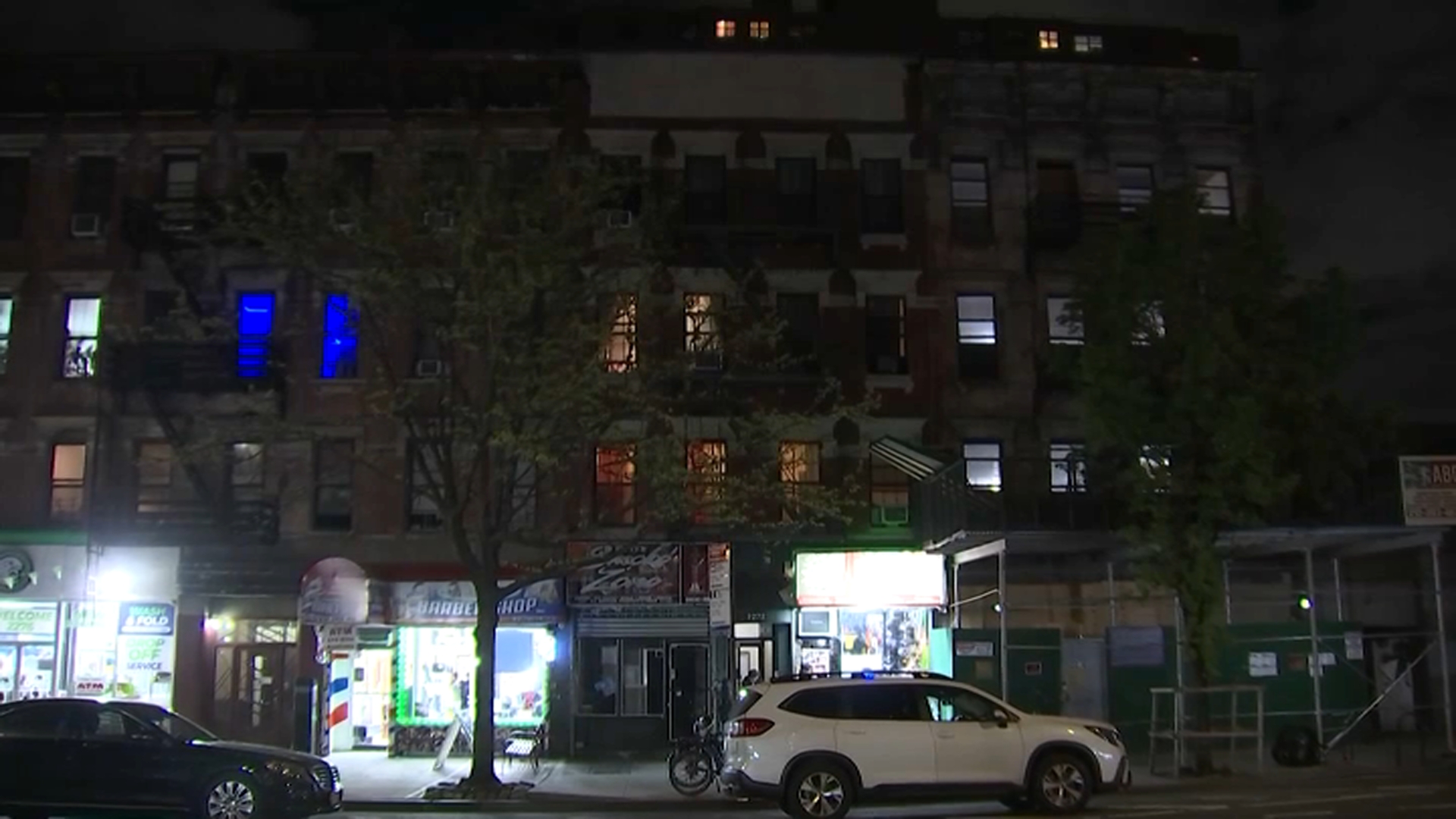With the FDA poised to approve the COVID-19 vaccine for kids ages 5-11, many parents are concerned for their children's well-being --- so those who participated in the vaccine trial are looking to address some of their questions.
Lia Nieman, a mother who lives in Huntington, Long Island, and Brooklyn mother Sharonda Anderson are among those parents who themselves are vaccinated but are on the fence about doing the same for their kids.
Only a third of parents are planning to have their young children get the shot right away once federal health authorities give the green light, according to a Kaiser Family Foundation survey. Some said they won't vaccinate their kids at all, and everyone else -- like Nieman and Anderson -- said they'll wait and see.
To help nervous moms and dads navigate what it means, News 4 talked to some of the thousands of parents who entered their kids into clinical trials that found the Pfizer vaccine to be 90.7% effective in preventing COVID-19 in children 5 through 11.
Get Tri-state area news and weather forecasts to your inbox. Sign up for NBC New York newsletters.
One of the main questions posed by concerned parents was: what are the side effects and if they're the same as the ones in adults?
For Jennifer Barsi's daughter, she had "mild swelling and redness" to the area where the shot was given. "The exact same way they responded to all other vaccines they've gotten in childhood," she added.
Local
Across the board, parents told News 4 that the side effects were similar to adults.
Amanda Dropic put both of her two children through the trial and she said one of them had a little bit of a headache. "She was totally fine, didn't need any medicine after the second dose. The other one, my youngest, she was 8 and she had a fever for a day. The next day she was completely fine," Dropic said.
Chelsea Finn's son also experienced similar effects: "Two days of kind of just feeling a little blah and he had a fever and his arm hurt. Then he was fine."
The Pfizer vaccine for children 5 through 11 years of age, once officially approved, would be administered as a two-dose primary series, 3 weeks apart. Unlike adults and kids age 12 and older, the younger age group will receive a lower dose (10 micrograms vs. 30 micrograms.)
Other commonly reported side effects in the clinical trial included fatigue, muscle and/or joint pain, chills, swollen lymph nodes, nausea and decreased appetite, according to the FDA. More children also reported side effects after the second dose than after the first dose and they generally occurred within two days after vaccination --- with most going away within one to two days.
But what about long-term effects, asked Melissa Reyes of Brooklyn. "Has anything changed within their bodies or the way that they act? I'm scared to get mine vaccinated," Reyes said.
Michael Kelley, another parent who has his child in the vaccine trial, replied: "In terms of her demeanor, in terms of physical things, there haven't been any issues and we've been constantly watching her for signs the doctors have told us. As far as we can tell, there hasn't been anything concerning or abnormal."
It's the things you can't see, however, that are on the minds of some parents.
The FDA and CDC are studying some extremely rare and mild cases of heart inflammation, called myocarditis or pericarditis, in adolescents to see if there's a link to the vaccine. But the risk from COVID-19 is worse, the Kelleys said.
"That's scary, for sure. But we don't have any long-term concerns," said Johanna Kelley.
Another parent told News 4 that she's worried that the vaccine will interfere with her children's ability to have their own kids in the future. To answer that question, Dr. Sharon Nachman, who runs a pediatric vaccine trial at Stony Brook University, says any link to fertility is impossible.
"The vaccine does not in any way attach to any ovaries or sperm cells because the receptors for the vaccine is not there," Dr. Nachman explained.
As parents make their decision in the coming days and weeks, the expert advice from parents in vaccine trials is simple: pick up the phone and call your pediatrician. They say getting their kids vaccinated was the best decision they made, and many of them were hesitant too.
"We sat down and we looked at each other and said, 'I don't know what do you think?'" said Barsi. "And our very next step was to call our pediatrician. We called, and we spoke with her and asked our questions, and we were able to get those questions answered."



